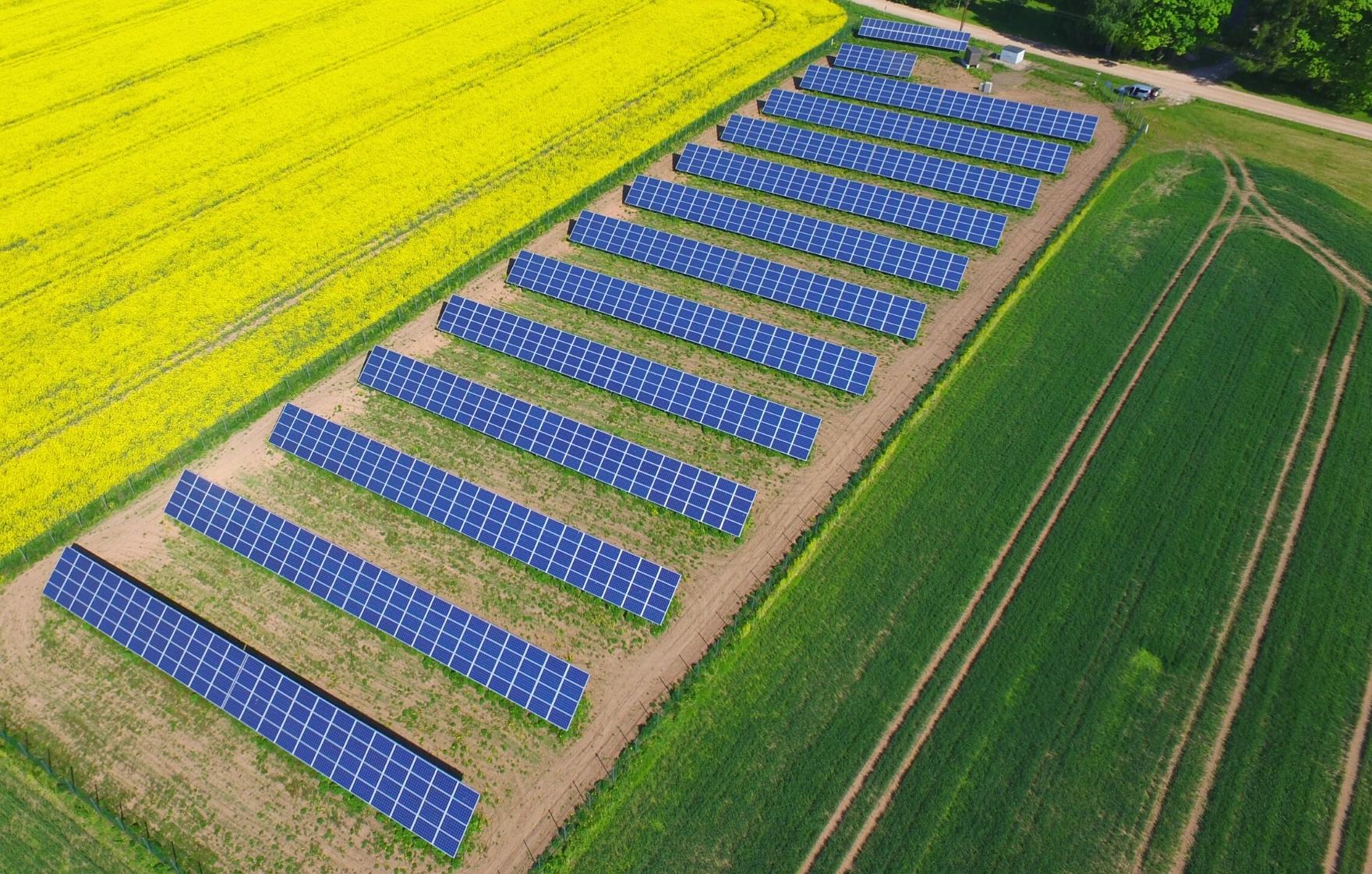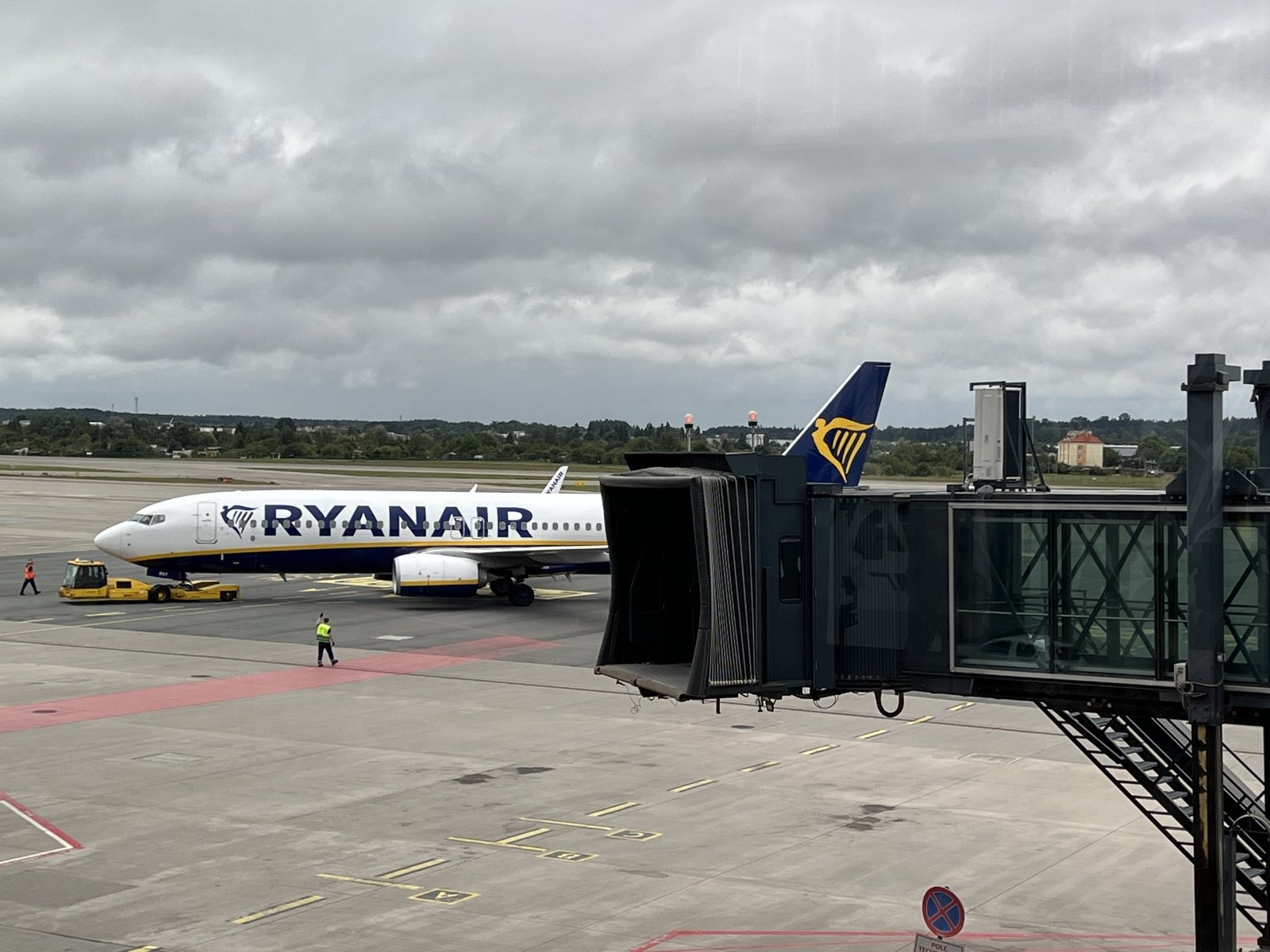K. Pupinis. Lithuania is a gray dm on the European electric vehicle charging path emap. When will this change?
mons photo
Today, there are over 12,000 electric vehicles (EVs) on the roads of Lithuania, of which 7,100 are powered by electricity alone. Meanwhile, the number of single and semi-single EV charging stations is only about 600. In the European context, we are lagging behind both in terms of electric vehicle registration and the number of newly registered cars, as well as in terms of the number of charging places. The only consolation is that the situation is not much better in other parts of the Baltic. How long will we have to wait for the electric mobility boom?
The development of an electric car has many factors, but I singled out the two most important: its price and the lack of convenient, high-quality charging infrastructure. Due to the great competition, demand, growing secondary markets, and at the same time, the living standards, EV prices are more and more affordable for Lithuanian residents, unfortunately, the situation with charging stations is a bit different.
A few years ago, it might have been said that it was a dilemma between beef and pork, that is, there is no point in increasing the number of loading stations if there is no demand; and on the contrary, until the charging station network is expanded, the electric car becomes only an additional note, it is inconvenient to travel with it. Although the development of EV charging stations in Lithuania has stagnated, the number of electric cars in the country has almost doubled every year for three years now.
The state support for electric car buyers, who can spend 5,000 euros to buy a new one and 2,500 euros to use an electric car, also made a significant contribution to this. Such sums are not enough to prepare a charging station near the house, you can also take advantage of the financial program that encourages the preparation of a charging station near the house, and the charging problem is partially solved.
Part I, because, for example, it is much more difficult to arrange a loading area for multi-apartment residents, and in some cases a possible mission is not considered. On the other hand, even having your own station can give you peace of mind only for a short trip to work and back, but further events are still not as comfortable as driving a car with an internal combustion engine.
Cities with one column or none at all
I have no doubt that the number of electric cars in Lithuania can grow much faster if there are enough charging stations. It is found everywhere, from roads and highways, to towns, cities and even the residential area of a big city.
wait: the car is running out of gas, and not one in the town is just one. It can fuel two cars at the same time, half a tank is filled in about 3 hours. And also: there is no guarantee that this gas station will work.
This is how the situation in Lithuania looks today. Baisiogala, Jonikis, Krekenava, Raseiniai, Rietavas, Skuodas are just a few cities and towns where there is simply not one EV charging station. And how much more so, if there is only one such station: Birai, Lazdijai, Moltai, Naujoji Akmen, Pakruojis, akaii, ilut, venionies… Tkstani is a resident, and there is only one loading station or none at all.
With 600 vie and half vie loading stations, we have to admit, we are European outsiders. For comparison, across Europe, in 2021 according to the data, there were more than 375,000, including almost 50,000 fast charging stations. The Netherlands (80,000), France (50,000), Germany (40,000), Great Britain (30,000), Italy (20,000) are the leaders in loading stations, followed by Norway with about 12,000. Fast charging stations can be found mainly in Germany (9,000), Great Britain (7,700), Norway (6,700), France (4,500), Spain and the Netherlands (2,600 each).
Free loading makes Mecca services
Lithuania has followed ambitious goals until 2025. prepare 1,200, in another five years 6,000 EV charging stations. It is expected that private operators will organize another 54,000 such accesses during that time.
So there is a desire to catch up with the other European countries, but for that you will have to move in seven-mile steps. The good news is that Lithuania is improving, more and more correct decisions are being made to promote electric mobility.
One of the barriers to EV charging infrastructure for a long time was the possibility to charge electric cars for free at the stations installed by the states. Although at the beginning it seems like a great idea and electric car drivers will be happy with free fuel, in the long term the solution will be poor services, because the state alone could not ensure the necessary infrastructure development, and the private sector will not dare to compete with a free service.
As of this year, there will be no free charging, and this will be an important incentive to expand the network of charging stations in both public and semi-public places, for example, near shopping centers, offices, and event halls. This requires not only a larger number of stations, but also better service quality, more express loading lanes, as businesses will be interested in providing quality services.
On the other hand, once the service becomes paid, people themselves will be interested in charging the electric car faster and freeing up space for others, rather than leaving it to charge overnight, taking up space. It is true that it is not the drivers of their electric cars who are abusing it, but the providers of EV sharing services.
Among other positive effects of the decision, the VAT concessions for electric cars that have finally come into effect, the conditions for their purchase have been eased, compensation mechanisms for private EV charging stations have started, a subsidy package for charging infrastructure between cities is being prepared, etc. In addition, EV charging stations must be set up at all newly built or reconstructed gas stations, bus and railway stations, airports and seaports starting this year.
There is not one yet
Although the interest of private business is growing, there is still not one. For example, the city municipality is delaying and delaying to announce tenders for the preparation of EV charging stations, because they did not know how to prepare efficient, high-quality and competitive tender conditions.
One of the questions that arises is how to regulate loading pricing so that loading infrastructure operators do not abuse the situation. Answer: the price will be set by the market itself and operators by simple competition. As in every business, we strive to provide the best possible quality at an attractive price, to create and maintain relationships with the client, otherwise no one would use their services. The same applies to the electric car charging business.
Another factor promoting the expansion of EV charging stations in Lithuania, as well as in other Baltic countries, is the level of development of the electric power network, which does not allow the convenient installation of new, large and very large power stations, taking into account the needs of consumers. It is necessary to verify the power capacity in some cases takes a lot of time and requires large investments, which is necessary not only in intercity locations, but also in certain places.
Just as anyone can refuel a car anywhere, it is also important for electric car drivers to be able to use charging stations when traveling abroad. On the one hand, this is a disadvantage for developers of EV charging infrastructure, as large resources are required for development. On the other hand, it opens up new opportunities and provides a competitive advantage.
The development of the electric vehicle charging infrastructure is a time-consuming, complex and expensive activity, but if we complete the work in Lithuania, we will be able to develop a universal, convenient EV charging network, where anyone can conveniently charge their electric vehicle and there will no longer be an argument not to switch to an internal combustion engine-powered car. This is our goal.
Well, and the fact that after a few years, both Lithuania and the entire Baltic region will not look so dim on the EV charging station emap.
The author of the comment is Kazys Pupinis, manager of Eleport in Lithuania and the Baltic states
The opinion of the author does not necessarily coincide with the editorial position.
Select the companies and topics you are interested in and we will inform you in a personal newsletter as soon as they are mentioned in Business, Sodra, Registry Center, etc. in altos.




